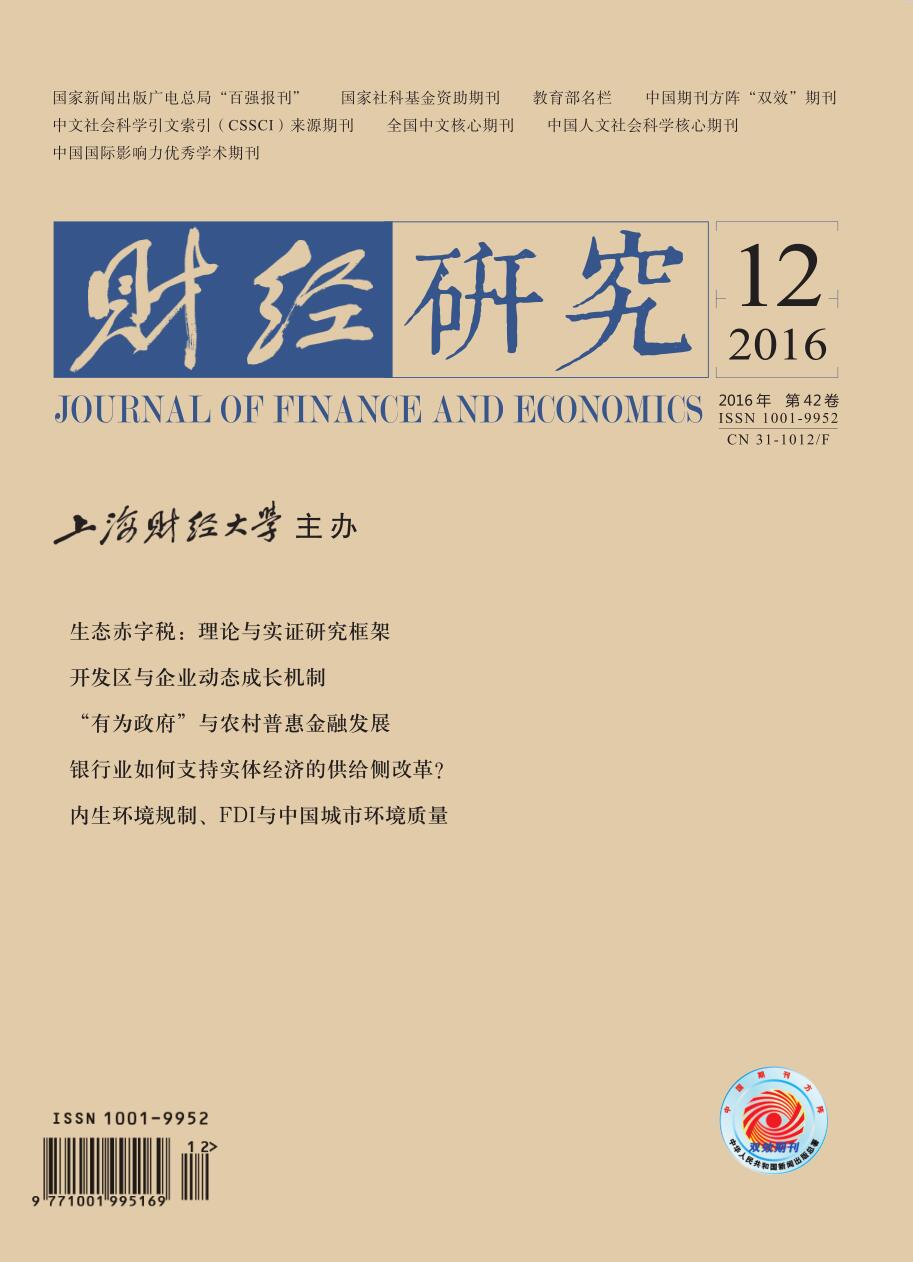Farm animal welfare is not only an ethical issue, but also is related to food safety. This paper incorporates farm animal welfare into food safety issues, and analyzes the impact of animal welfare cognition on consumers' willingness to pay for animal welfare and the policy appeal. The results show that although consumers' cognition of farm animal welfare is not sufficient in China, there are still 81.42% of consumers who are willing to pay for farm animal welfare, and the average payment premium is 19.24%. Animal welfare cognition variables have significant impacts on the willingness of payment and consumer policy attitudes towards farm animal welfare. This conclusion indicates that that China already has the basic conditions to improve farm animal welfare and thereby enhance food safety level through market incentives or government regulation.
 / Journals / Journal of Finance and Economics
/ Journals / Journal of Finance and EconomicsJournal of Finance and Economics
LiuYuanchun, Editor-in-Chief
ZhengChunrong, Vice Executive Editor-in-Chief
YaoLan BaoXiaohua HuangJun, Vice Editor-in-Chief
Animal Welfare Cognition and Food Safety
Journal of Finance and Economics Vol. 42, Issue 12, pp. 16 - 26,107 (2016) DOI:10.16538/j.cnki.jfe.2016.12.002
Abstract
References
Abstract
Cite this article
Wang Changwei, Gu Haiying. Animal Welfare Cognition and Food Safety[J]. Journal of Finance and Economics, 2016, 42(12): 16–26.
Export Citations as:
For




 8255
8255  5820
5820

